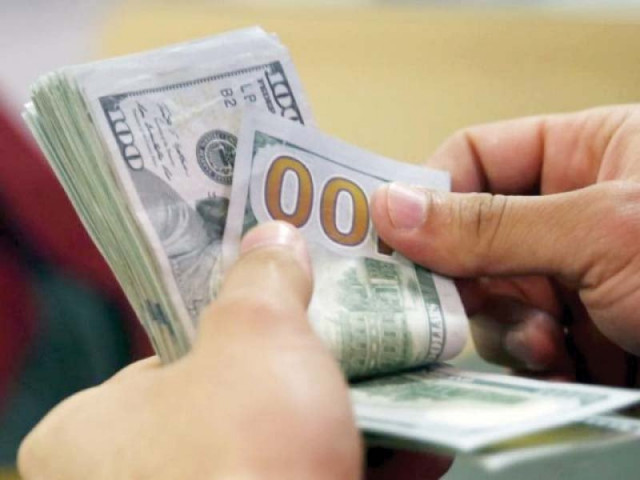Sri Lanka tightens trade rules to boost forex reserves
Country approaching IMF for bailout

Sri Lanka’s Central Bank tightened trade restrictions on Saturday, ordering exporters to repatriate foreign exchange earnings within 180 days of transactions in a bid to improve country’s depleting foreign exchange reserves.
Sri Lanka is tackling its worst financial crisis in over a decade, struggling to pay for critical imports including fuel, food and medicines and with just $2.31 billion of reserves.
The bank’s moves include mandatory currency conversion for exporters of goods and services to change their foreign exchange earnings into Sri Lankan rupees.
“All licensed banks are required to strictly monitor receipts of goods to Sri Lanka,” the central bank stated in a notification, adding that it “has the right to initiate action against non-compliance by any exporter or licensed banks”.
The state-run oil company increased prices by 55 to 95 rupees (22-24 cents) per litre for most fuels to offset losses after Sri Lanka introduced a flexible exchange rate that saw the rupee plunge 30% to 260 rupees to the dollar.
Sri Lanka will begin talks with the International Monetary Fund (IMF) next month on a plan to help the crisis-hit country, where a foreign exchange shortage has squeezed essential imports amid looming debt payments, three sources said on Friday.
The move to approach the IMF for help comes after months of resistance from Sri Lanka’s government and central bank, despite calls from opposition leaders and experts to seek a bailout package.
Finance Minister Basil Rajapaksa will travel to Washington in mid-April to present Sri Lanka’s proposal to senior IMF officials, two sources with knowledge of the ongoing discussions told Reuters.
“We are taking our proposal and a plan,” one of the sources said, declining to be named since the discussions are confidential. “The government is serious about fixing things.”
Published in The Express Tribune, March 13th, 2022.
Like Business on Facebook, follow @TribuneBiz on Twitter to stay informed and join in the conversation.



















COMMENTS
Comments are moderated and generally will be posted if they are on-topic and not abusive.
For more information, please see our Comments FAQ